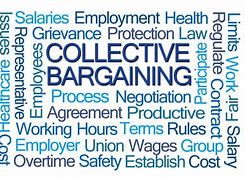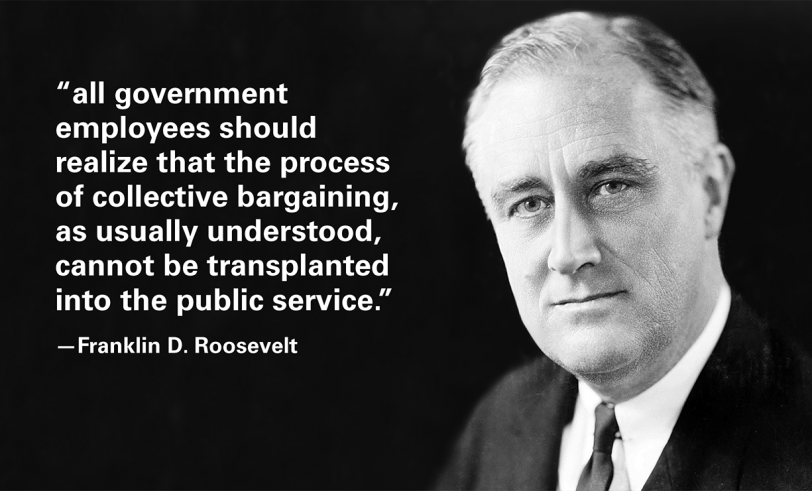
Daniel Gecker Esq., President of the Virginia Board of Education. Appointed to the Board of Education by Governor Terry McAuliffe and reappointed to a four year term by Governor Ralph Northam. Date of expiration of appointment – June 30, 2023
by James C. Sherlock
Progressives, in the fullness of their dogma, oppose the entire Bill of Rights.
The Bill of Rights is specifically structured to limit the powers of government, which progressives find not only unsuitable, but unimaginable.
In the Golden Age of Progressivism in Virginia, 2020 and 2021, they controlled the governor’s mansion, the General Assembly, the Attorney General’s Office and all of the state agencies.
With total control, they took flight.
They have always known what seldom occurs to conservatives not prone to offend the Bill of Rights.
With total control of state government, progressives can enact and have enacted laws, regulations and policies that violate both the federal and state constitutions.
They know it will take a decade or more for courts to push back. Meanwhile they can call opponents “haters.”
After which the worst that can happen is that nobody is held accountable. Except the taxpayers.
I just exposed unconstitutional viewpoint discrimination in the University of Virginia’s hiring process. that was implemented starting in 2020.
The same fertile progressive imagination is also present in the Board of Education’s new (in 2021) Standard 6. “Culturally Responsive Teaching and Equitable Practices performance indicators” (starting on page xv) in “Guidelines for Uniform Performance Standards and Evaluation Criteria for Teachers“(Guidelines). Continue reading





 by James C. Sherlock
by James C. Sherlock
 by Dick Hall-Sizemore
by Dick Hall-Sizemore



